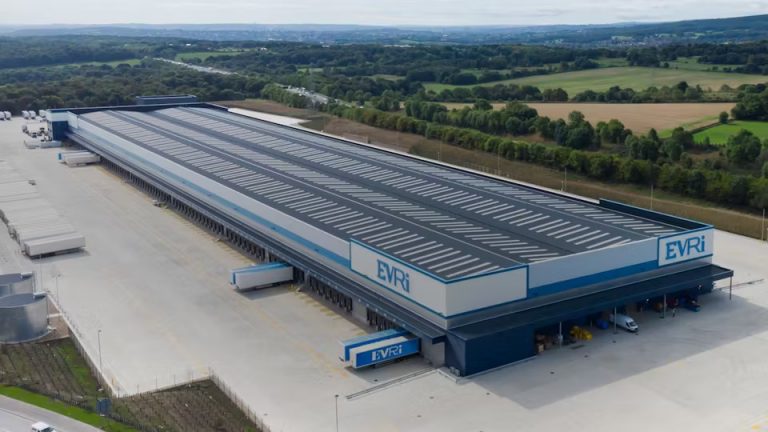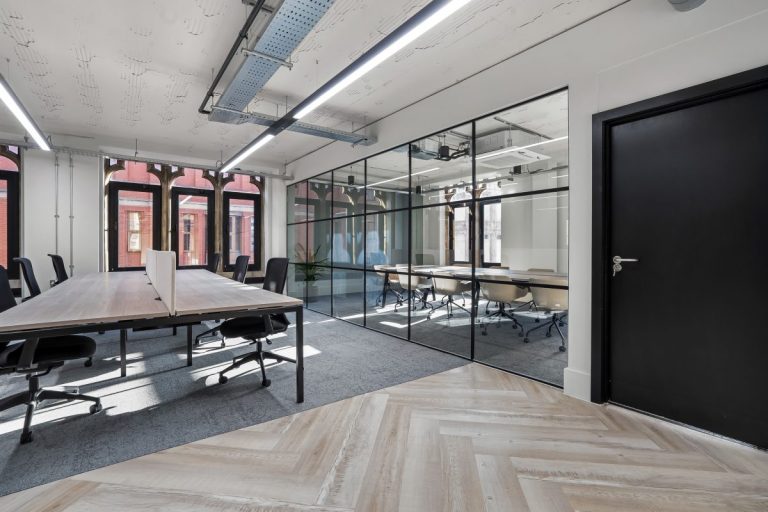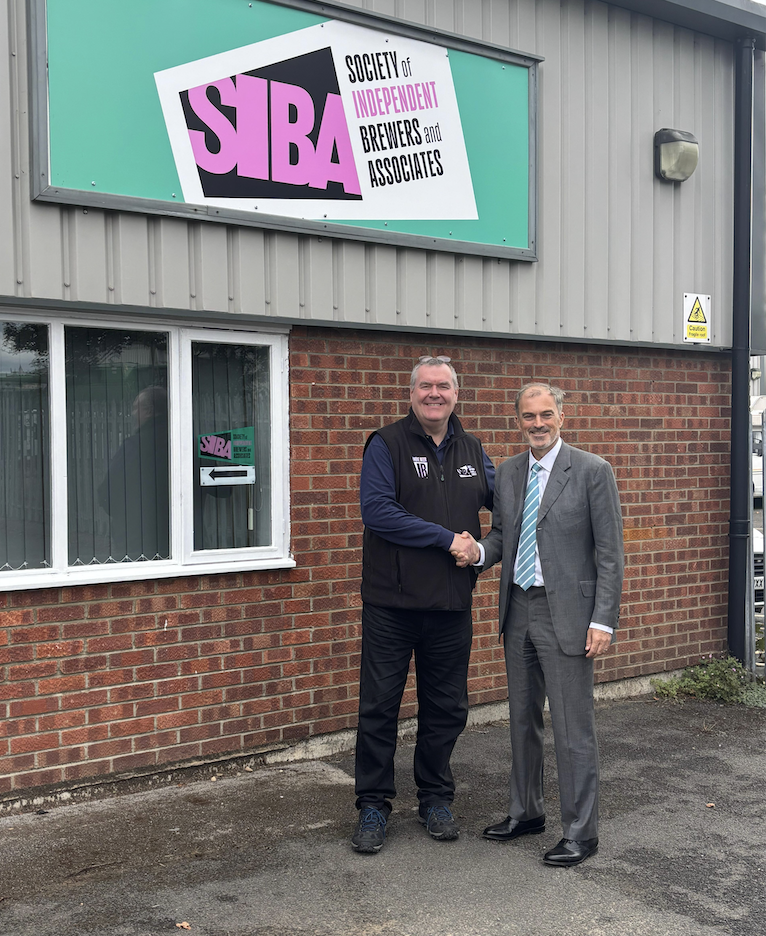UK hotel investment totalled an estimated £1.04 billion in Q3 2025, marking a 28% increase year-on-year, according to Savills. The growth was primarily driven by single asset transactions, which accounted for 92% of activity and rose almost 60% above the 10-year Q3 average, despite overall investment volumes remaining slightly below long-term trends.
London remained the primary market, with £697 million in transactions, up 42% from the previous year. Prime yields for franchise hotels in the capital tightened by 25 basis points compared with H1 2024, reflecting continued investor interest.
Domestic owner-operators led the market in 2025, representing 45% of total acquisitions at £1.2 billion, a 4% increase on 2024 and 77% above the 10-year average. International asset managers returned to the sector, acquiring £734 million of hotels in the first nine months, with global buyers accounting for 60% and recording more than a tenfold year-on-year rise. UK pension funds also increased their activity, reaching £299 million, a 31% increase from 2024, as long-term sector confidence grew.
Regional markets saw sharp rises, with Scotland achieving £316 million YTD (+85%), the South West £180 million (+360%), and the West Midlands £256 million (+310%). Regional investment totalled £1.3 billion for the year to date, more than double 2024 levels.
David Kellet, Head of Hotel Capital Markets EMEA at Savills, says, “While the first half of the year was defined by operational and investor uncertainty in the UK hotel market, sentiment has stabilised through Q3 and we have seen over £1 billion of deals closed – a marked increase from 2024. The strength and resilience of the single asset market stands out, with single assets making up over 90% of deal volumes in the quarter. We expect the single asset market to remain robust whilst also anticipating more larger portfolios to transact in 2026. We look forward to what’s ahead for the UK hotel market.”












